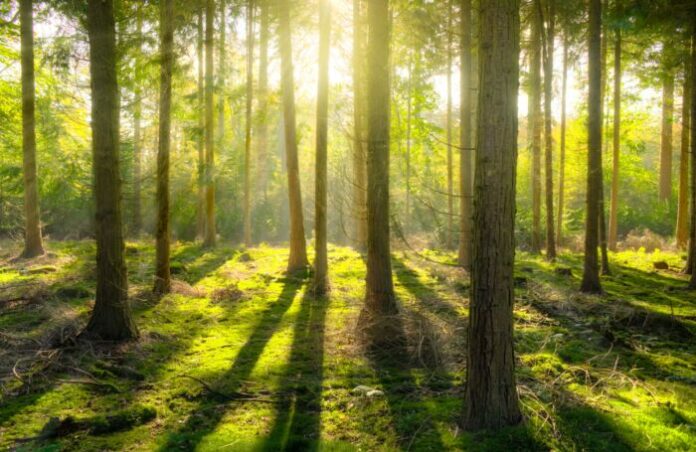
A new WWF report has revealed how and why our planet has lost an area the size of California to deforestation in just over a decade. This shocking loss, totalling 43 million hectares in the tropics and sub-tropics alone, demonstrates the need for urgent action to halt deforestation and restore our forests – so vital for the future of people and nature.
The report highlights 24 “deforestation fronts” across Africa, Asia, Australia and South America where forest loss is accelerating rapidly. These places have been hard hit by a variety of activities, ranging from the clearance of land for growing crops and livestock to the building of roads and development of mining operations.
But the impacts aren’t only felt by the people and wildlife who live in and around these forests – deforestation contributes to the global climate crisis, as well as makes future pandemics more likely by increasing the risk of disease jumping from wildlife to people and their livestock.
Agriculture is the leading driver of deforestation globally. A growing global population and increased food consumption has led to many forests being converted into farms. The type of agriculture varies, but includes predominantly commercial agriculture, smallholder farming and cattle ranching in Latin America; subsistence and smallholder commercial farming in sub-Saharan Africa; and commercial agriculture and vast plantations in Southeast Asia.
Increased public and private sector collaboration and alignment of efforts to address deforestation and conversion are an important step to increasing sustainable food production and local peoples’ livelihoods while reducing the environmental impacts of production and reducing greenhouse gas emissions.
Deforestation is also being driven by logging, human migration and population increases, extractive industries (mining, oil and gas), transport and infrastructure projects and expanding towns and cities. The exact causes of deforestation change over time, and vary from region to region. These regional differences highlight the need for place-based solutions that take specific local contexts into account.
“We believe that the increasing recognition of the value of a healthy natural world in the aftermath of the COVID-19 pandemic will help trigger the change we all need – with everyone, including individuals, business and government, having a role to play” WWF says.
“While the figures are alarming, the process of recovery from the COVID-19 pandemic may provide an opportunity for the kind of transformative changes that are essential to safeguard our forests – changes that have been identified as necessary for some time,” says Fran Raymond Price, WWF Forest Practice Leader.



































